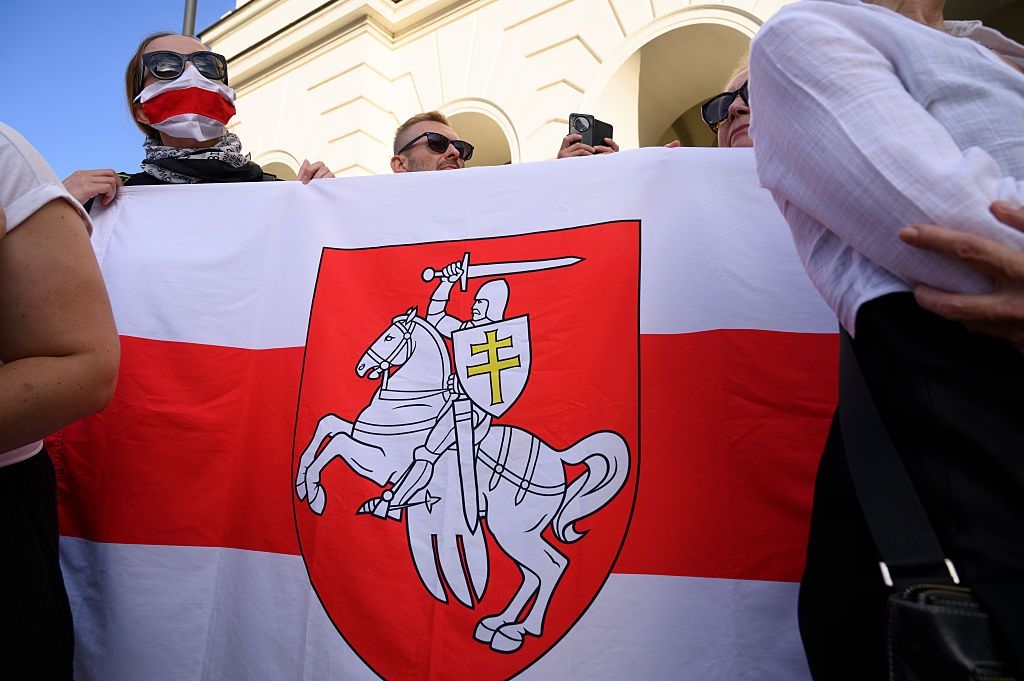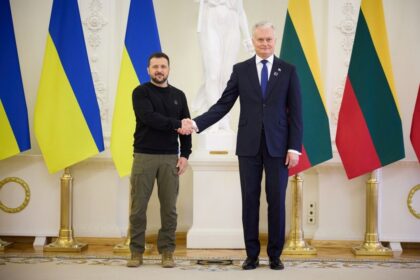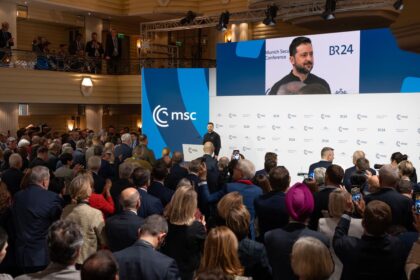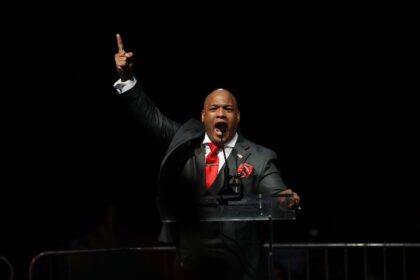The article discusses the complexities and challenges faced by the Belarusian opposition in dealing with President Alexander Lukashenko, who has been ruling the country with an iron fist since 1994. The opposition is torn apart on whether to reengage with Lukashenko, who recently released some political prisoners, in order to save more lives.
The article quotes Tsikhanouski, a prominent Belarusian opposition leader, saying that negotiations with Lukashenko are not possible because he does not believe in democracy and the rule of law. However, others argue that talking to Lukashenko is necessary if it leads to the release of political prisoners and improvement in human rights.
The article also mentions that the US administration has dispatched a special envoy to Minsk, which has created some hopes for sustained engagement with Belarus. However, experts are skeptical about the feasibility of this approach, citing Lukashenko’s notorious thin skin and willingness to backtrack on agreements if he feels threatened or pressured.
The EU, meanwhile, remains cautious after its experience with Lukashenko in 2015, when it suspended most of its sanctions against Belarus but was rebuffed by the regime. The EU is now debating new sectoral measures against Russia and Belarus, underscoring the stark contrast to Washington’s policy of rapprochement.
The article concludes that the Belarusian opposition remains reliant on external actors and unpredictable power shifts, and that their efforts are often at odds with each other. While some see negotiations with Lukashenko as a necessary evil, others believe it would be a mistake, given his history of betraying agreements and perpetuating repression.
Overall, the article suggests that the situation in Belarus is complex and difficult to navigate, and that the opposition faces significant challenges in finding a way forward that balances competing priorities and goals.












